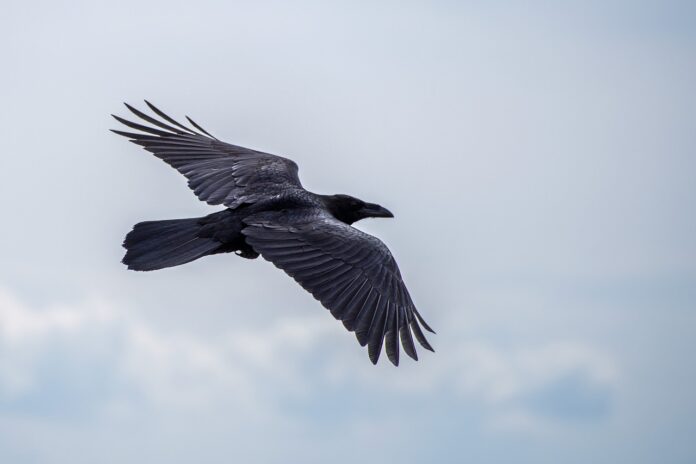Two wild crows in North Bay have tested positive for the West Nile Virus.
The Health Unit says the samples were submitted Tuesday by the Canadian Wildlife Health Cooperative and the results were received today (June 7).
Officials say mosquitoes acquire the virus by feeding on infected birds, and is spread to humans and other mammals by their bite and it is not spread from other animals.
Officials say 70-80% of people bit by an infected mosquito will not get sick, and if symptoms do appear, its two to 15 days after infection.
Those symptoms include fever, nausea, vomiting and a rash among others. In rare cases the health unit says a more severe disease is possible.
The Health Unit says if you experience a sudden onset of any symptoms, seek medical attention. While there is no treatment or vaccine for WNV, symptoms can be treated.
Officials say you can use simple personal protective measures to reduce their exposure to mosquitos and their risk of illness due to bites from infected mosquitoes:
- Take extra care when spending time outdoors between dusk and dawn, when mosquitoes are most active.
- Wear light-coloured clothing, including long-sleeves, pants, socks and shoes.
- Use a mosquito repellent containing DEET. The concentration of DEET should be no greater than 30 per cent for adults and no greater than 10 per cent for children. Follow the recommendations by Health Canada and the Canadian Paediatric Society for applying insect repellant containing DEET on children (see below).
- Install or repair window and door screens so that mosquitoes cannot get indoors.
- Eliminate any standing water in your backyard so mosquitoes cannot breed.
For more info visit myhealthunit.ca



